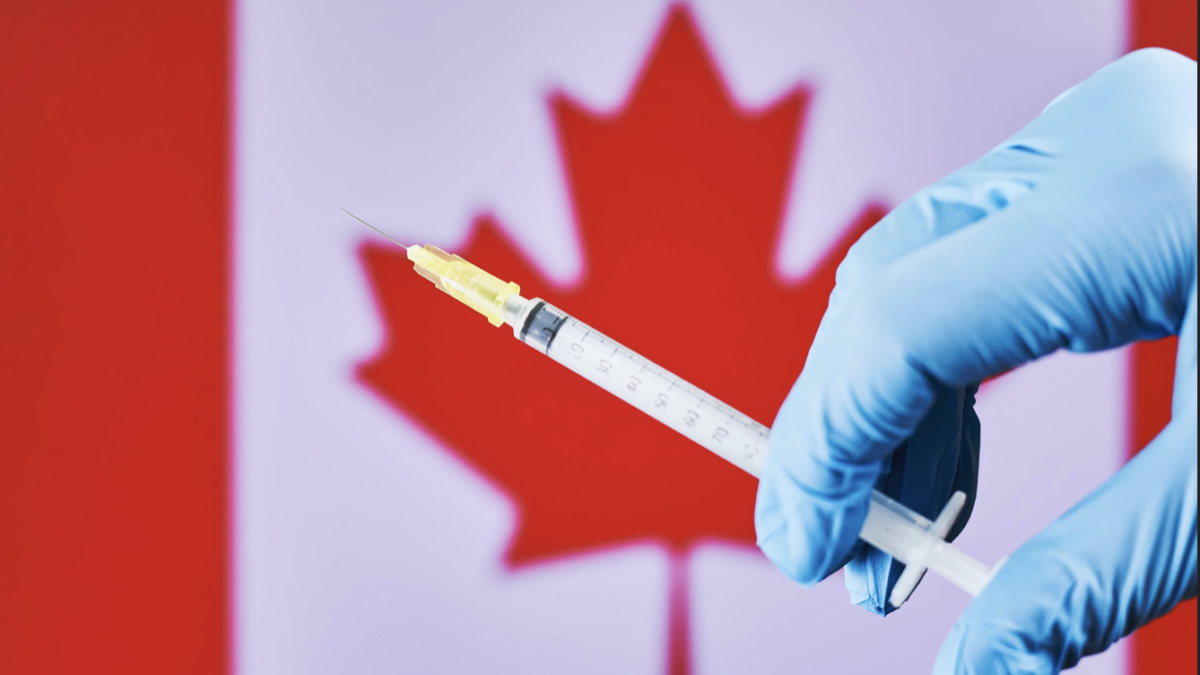Global childhood immunization against deadly diseases such as measles declined in 2023, leaving millions of children at risk, according to data published this week by the World Health Organization (WHO) and UNICEF.
The data shows low vaccination rate against measles last year left nearly 35 million children with no or partial protection.
About 83 per cent of children worldwide received their first dose of the measles vaccine, and 74 per cent received their second dose. These figures fell short of the 95 per cent vaccination rate to prevent outbreaks and unnecessary disease and deaths.
WHO says low vaccine coverage (80 per cent or less) has been a major factor for measles outbreaks in 103 countries over the past five years, while 91 countries with strong measles vaccine coverage did not experience such outbreaks.
Up to July 6, there have been 78 cases of measles, one active case, and one measles death reported in Canada this year, according to the latest Measles and Rubella Weekly Monitoring Report
The 2021 childhood National Immunization Coverage Survey, which is the latest conducted in Canada, shows 92 per cent of two year olds in Canada have received at least one vaccination against measles, but only 79 per cent of seven year olds have received two doses.
Public Health Ontario says the best protection against measles is two doses.
Measles is a highly contagious disease caused by a virus, which usually results in a high fever and rash, and can lead to blindness, encephalitis or death.
WHO date found almost 14.5 million children worldwide did not receive any vaccination in 2023, calling them the zero-dose children.




